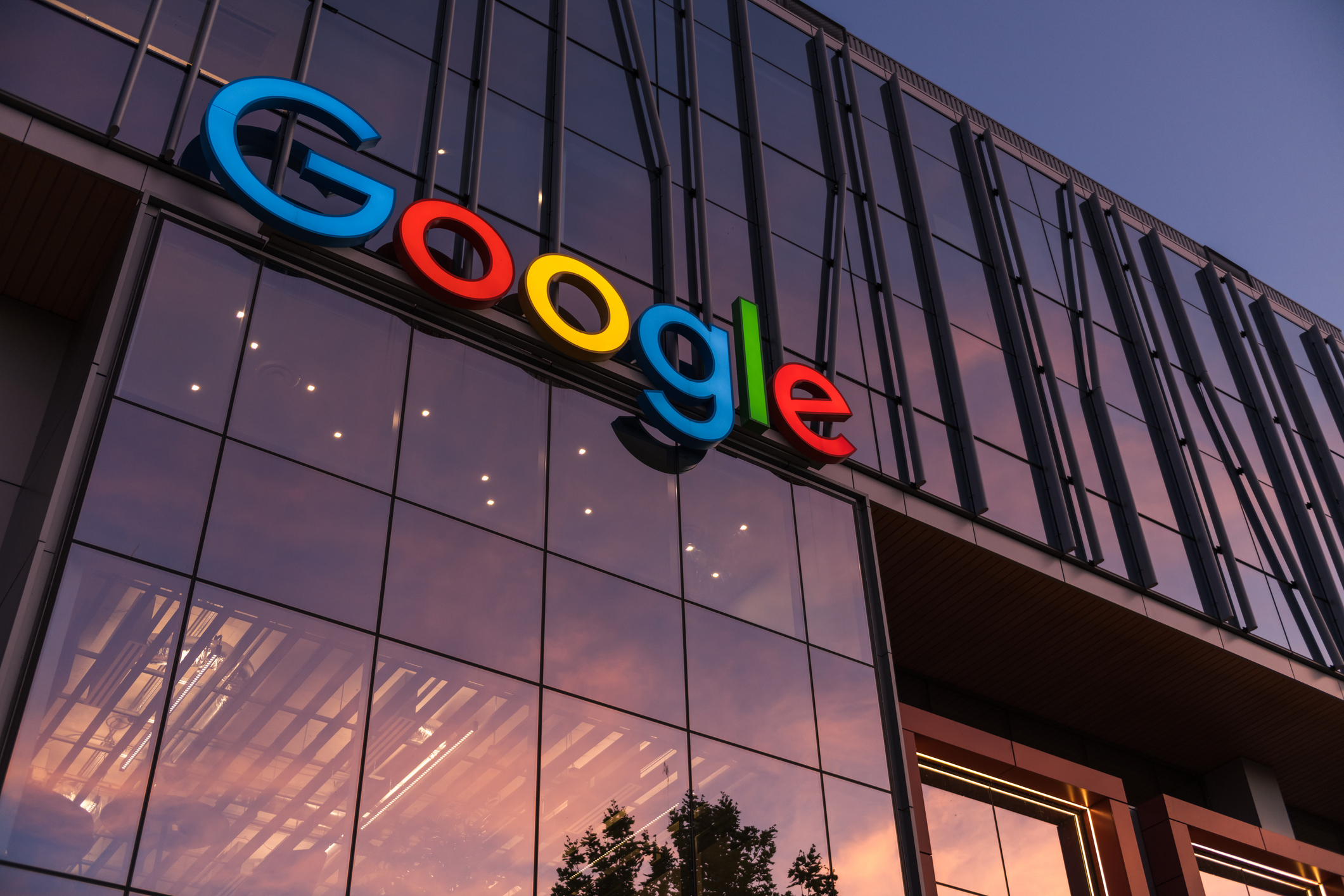Would it make the internet better? Probably.
Google isn’t the only tech giant that needs smashing into pieces, Microsoft, Amazon, Adobe, all need to be broken up. The tech industry shouldn’t be dominated by a few companies.
The techindustry shouldn’t be dominated by a few companies.FTFY
I am somewhat biased, as an employee of a big tech company - but I am okay with them moving into different industries as long as they don’t undercut while also providing just the worst employment experience of all time. It sucks to see nice startups from passionate people get steamrolled by a 100 person org full of people fearing for their job while some exec rides the coattails of their boss.
I’d be more supportive of big tech if they were nice places to work, but many of them simply aren’t. They have “prestige” (whatever the fuck that means), but some of them are full of some of the most broken, beaten-down people you’ll ever meet.
This article made my day a bit better. Google complaining how “radical” the changes proposed are is a sure indicator that they would likely cause some damage to them.
Not sure why they mention AI search, as it’s practically non-existent right now.
As far as I know Google and Bing return AI results just above the usual web page results.
In addition AI LLM tools like Copilot (the mobile app) and Perplexity which cite their sources with links to websites really make it easier to weed out the BS from LLM answers, if you use them carefully. In my case, these tools replace search engines in 80% of the searches that I do.
The more I run searches on Google and queries through copilot the more my trust evolves.
I use the one latched into Skype more, though.
The one in Skype works quite well and is usually not blocked by companies firewalls… Or so I’ve heard…
If you’re following citations, may as well just search for the citations themselves… aka just a regular search engine.
Yes but the power of it is that you can in effect refine your search using natural language, like talking to a person, as it remembers the last 2-3 exchanges.
And it presents the information the way you asked to see it.
For example (my side of the “conversation”):
- What is hamas?
- Compared to Hezbollah?
- what are the differences between Shia and Sunni?
The citations confirm the information, they are not the end goal. The added value is the fact that the information is pre-digested and presented in a way that matches my learning process. It’s a lot easier for me to assimilate information by getting answers to questions that I’ve asked.
Would YouTube get shittier if Google was broken up? I was under the understanding that YouTube is a loss leader service for Google, but I still think its one of the best social media sites on the web. Even when you consider the number of ads (that doesn’t affect a revanced user).
Not neccessarily. A spun off YouTube would still have YouTube premium and ad revenue. They could also sell user data to 3rd parties (I doubt Google currently does it on a large since it’s in their interest to have a better ad network than its competitiors). A move similar to Reddit’s with their API and exclusive search agreement or agreements to feed certain videos to AI would both fetch a higher price and upset the quality less since the vast majorty of videos watched are found through YouTube itself.
That all sounds shittier to me NGL
The idea behind breaking up a monopoly is to allow competition. So if a competitor to YouTube arises, then both companies will have to offer better service to entice more users.
How would breaking up Google break up the “monopoly” of YouTube, which is what we were discussing.
The argument is that google uses integration between its own ad network and YouTube to outcompete any similar service. If anyone else tries to launch a video platform and sell ad space to google, which is likely given that google owns the world’s largest ad network, it’s in googles best interest to either give their own competitor an unfavorable deal or to completely lock them out of their ad marketplace.
If YouTube and google were forced to operate as independent companies it eliminates this conflict of interest.
Youtube is owned by Google (technically Alphabet).
This seems to me to be a weak substitute for good privacy regulation.
Them all at once.


